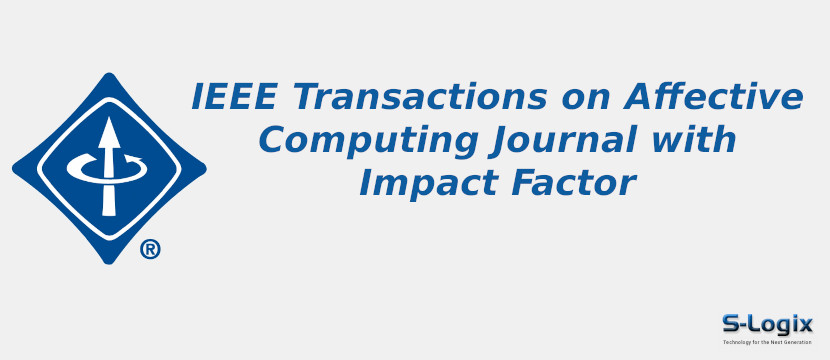Journal Home: Journal Homepage
Editor-in-Chief: Jesse Hoey David R.
Print ISSN: 1949-3045
Electronic ISSN: 1949-3045
Abstracting and Indexing: Science Citation Index Expanded, Scopus.
Imapct Factor 2024: 9.8
Subject Area and Category: Computer Sciences
Publication Frequency: Quarterly
H Index: 103
Q1: Human-Computer Interaction
Q2:
Q3:
Q4:
Cite Score: 18.5
SNIP: 2.929
Journal Rank(SJR): 2.136
Latest Articles: Latest Articles in IEEE Transactions on Affective Computing
Guidelines for Authors: IEEE Transactions on Affective Computing Author Guidelines
Paper Submissions: Paper Submissions in IEEE Transactions on Affective Computing
Publisher: Institute of Electrical and Electronics Engineers
Country: United States
